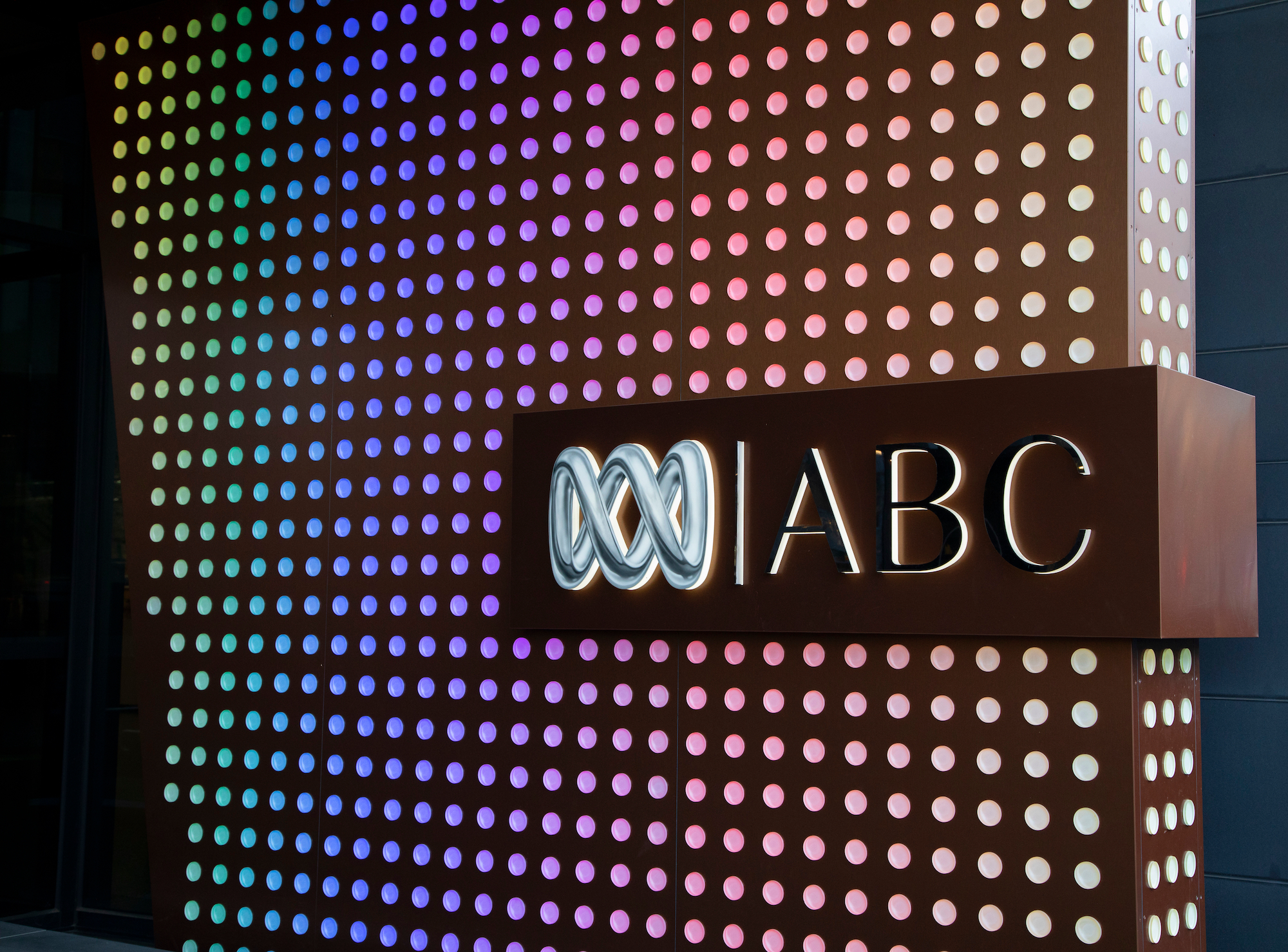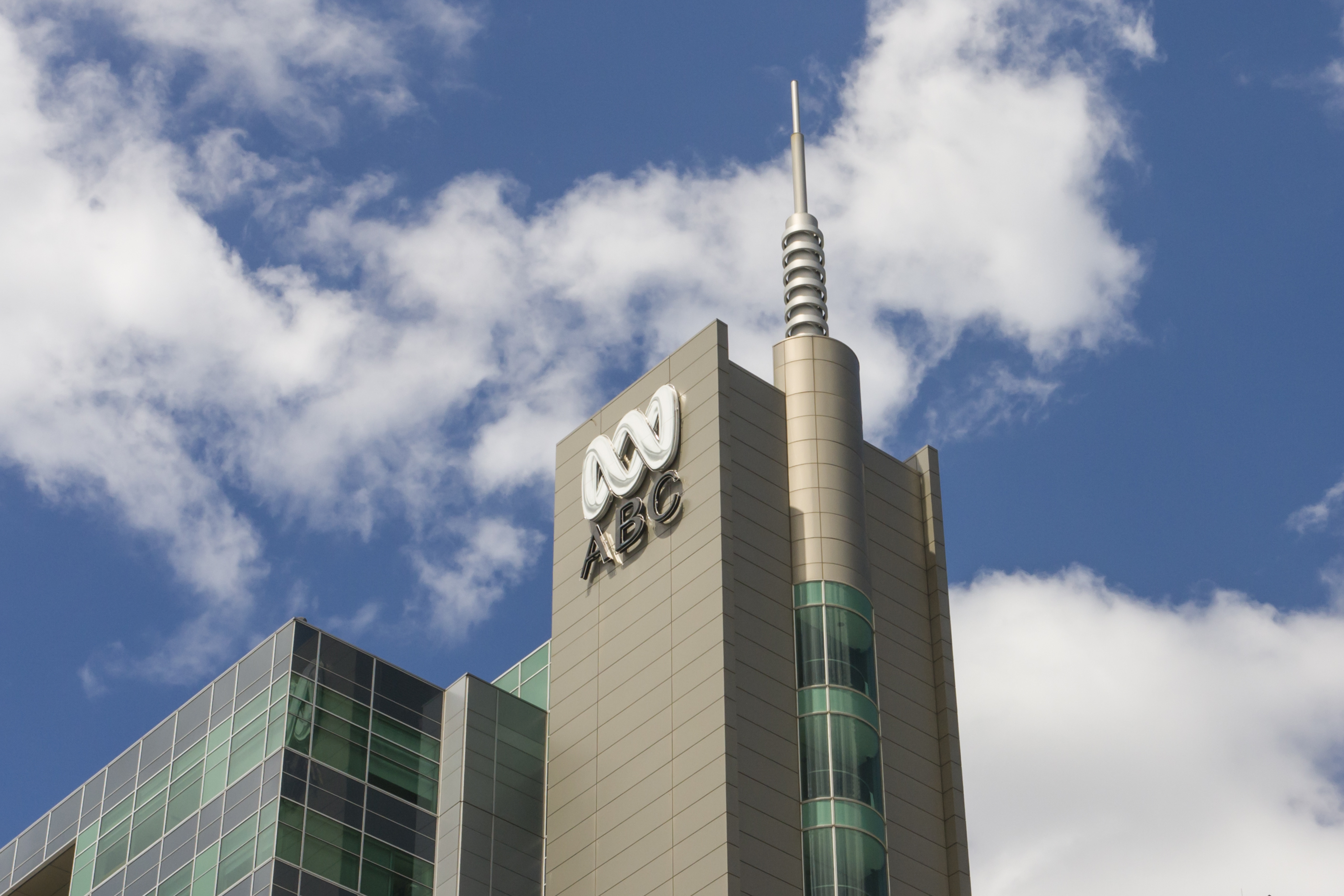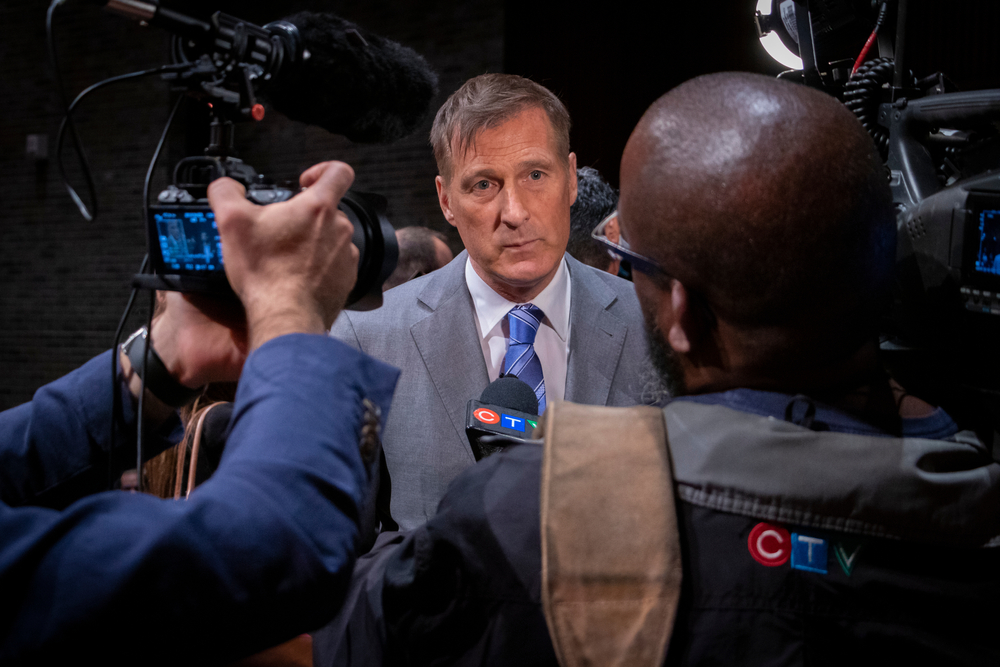STATEMENT
Public Media Alliance condemns racist abuse of ABC journalist
22nd May 2023
The host of current affairs programme, Q&A, Stan Grant – a Wiradjuri journalist – has stepped down from his role following a torrent of racist abuse online.

The Public Media Alliance condemns the racist abuse of the ABC journalist, Stan Grant.
During the public service broadcaster’s coverage of the coronation of King Charles III, Mr. Grant participated in a panel discussion examining the role of the monarchy in Australia, and the Crown’s impact on the Indigenous Peoples of Australia. The segment immediately attracted criticism from pro-monarchy groups, and other broadcasters.
Since then, the abuse has magnified in scale. According to The Guardian, Sky News and The Australian – both part of Rupert Murdoch’s News Corp – have mentioned the ABC’s coronation coverage 150 times over a fortnight. Often, Stan Grant – a Wiradjuri man – was the face of such news articles.
“I was not the producer nor presenter of the coronation broadcast yet every newspaper article accusing the ABC of bias has carried my image,” Stan Grant said in a blog published on the ABC.
Listen: Front lines and online: the dangers facing journalists today
Such media scrutiny has been exacerbated by a wave of online abuse.
For Stan Grant, this is not new. “On social media my family and I are regularly racially mocked or abused,” he wrote. “Barely a week goes by when I am not racially targeted. … But racism is a crime. Racism is violence. And I have had enough.”
This year, the ABC has already “lodged a detailed complaint with Twitter over the racist abuse of Stan being published on its platform,” said the Director of News, Justin Stevens, in a statement following Mr. Grant’s resignation.
Online abuse is one of the biggest threats to journalist safety, and Indigenous journalists are more likely to experience it. A 2021 survey of 1,000 journalists in Canada found Indigenous journalists faced harassment more often, alongside journalists who were women, Black, people of colour, and LGBTQ2+.
A study from the Knight Center’s LatAm Journalism Review also found that Indigenous journalists were specifically attacked when they addressed Indigenous-related issues.
Unfortunately, social media companies are not tackling the issue decisively enough. The unfair attacks and scrutiny which they face through being online is driving journalists away from the profession or forcing them to self-censor.
This current situation therefore places an enormous responsibility on the organisations themselves to protect their staff when they come under attack. The ABC, historically, has been an industry leader in this space, recruiting a Social Media Wellbeing Advisor with the remit of supporting journalists as and when they are attacked. It was one of the first organisations to stop compelling staff to be on social media.
But in his weekly column published on Friday, Mr. Grant wrote about a lack of public support from ABC management, saying: “Not one ABC executive has publicly refuted the lies written or spoken about me. I don’t hold any individual responsible; this is an institutional failure.
“I value the friendship of ABC Director of News, Justin Stevens. He has been a support and a comfort. He is trying to change an organisation that has its own legacy of racism. But he knows I am disappointed. I am dispirited.”
On Sunday, staff at the ABC demonstrated support and solidarity with Mr. Grant, holding a rally outside the organisation’s Sydney headquarters.
ABC staff have walked out of their offices in a show of support for veteran Indigenous journalist Stan Grant, who last week announced he would step away from media commitments due to racial abuse.https://t.co/8Me3QuDYJy
— ABC Indigenous (@ABCIndigenous) May 22, 2023
PODCAST: How can journalists stay safe online?
ABC launches review
Both the ABC’s Head of News and the Managing Director apologised to Mr. Grant, and took aim at News Corp. Mr. Stevens told ABC Melbourne he regretted not coming to his defence earlier. “I think we are going to have to get into the habit… to call this out more often and more regularly,” he said.
The Managing Director of the ABC, David Anderson, apologised directly to Mr. Grant. “Stan Grant has stated that he has not felt publicly supported. For this, I apologise to Stan. The ABC endeavours to support its staff in the unfortunate moments when there is external abuse directed at them.”
A review has been announced into how the ABC responds when staff are racially abused, and how it can better support the victims. It followed a recommendation from the Bonner Committee — the ABC’s advisory body on issues relating to Aboriginal and Torres Strait Islander communities.
“This review will build on our work as the first media organisation to have an Elevate Reconciliation Action Plan,” he said. “The next version of this will be released in the coming months, as will our new Diversity, Inclusion and Belonging Plan.”
Mr. Anderson also argued that responsibility for this online abuse resides, in part, with private media. In an email to staff, obtained by The Guardian, Mr. Anderson criticised the “anti-ABC reporting from some commercial media outlets [which] is sustained and vitriolic. This has real-world consequences for ABC presenters and journalists who are personally attacked and vilified.”
This is a critical moment for Australia’s Indigenous affairs. Later this year, the country will vote in a referendum over the Voice to Parliament, which would “provide permanent representation and recognition for Aboriginal and Torres Strait Islander peoples in the Constitution.”
“Of all former or current Commonwealth countries, Australia is the only nation not to have negotiated treaties with First Peoples,” Stan Grant wrote earlier this year.
It is a story of immense national and international importance. But there is a huge concern for the Indigenous journalists who are covering it. In doing so – and in providing valued information and news that benefits the public – they are also exposing themselves to the racist abuse and harassment that is now an inherent part of being a journalist.
In the digital age, how can public media best establish an environment where journalists are protected and safe? When so much control resides outside of the broadcaster’s remit, online safety can be difficult to ensure and there is no one single solution. PMA remains seriously concerned with social media platforms, who appear unprepared to adequately respond, and condemns all racist abuse.
Arguably, public service media are better equipped and more responsive to the issue of online harms than they were just a few years ago. Yet online abuse is still so prevalent and instances such as this show there is still some way to go. PMA welcomes the ABC’s review into its own processes and will continue to follow developments
Related Posts
6th April 2023
ABC launches ground-breaking new show The Pacific
Designed and created specifically for…
30th May 2022
Front lines and online: New podcast explores the dangers facing journalists today
Episode 4 of PMA’s podcast explores the…
24th September 2021
Canada: PMA deplores online harassment of journalists
PMA joins CBC/Radio-Canada in voicing…



